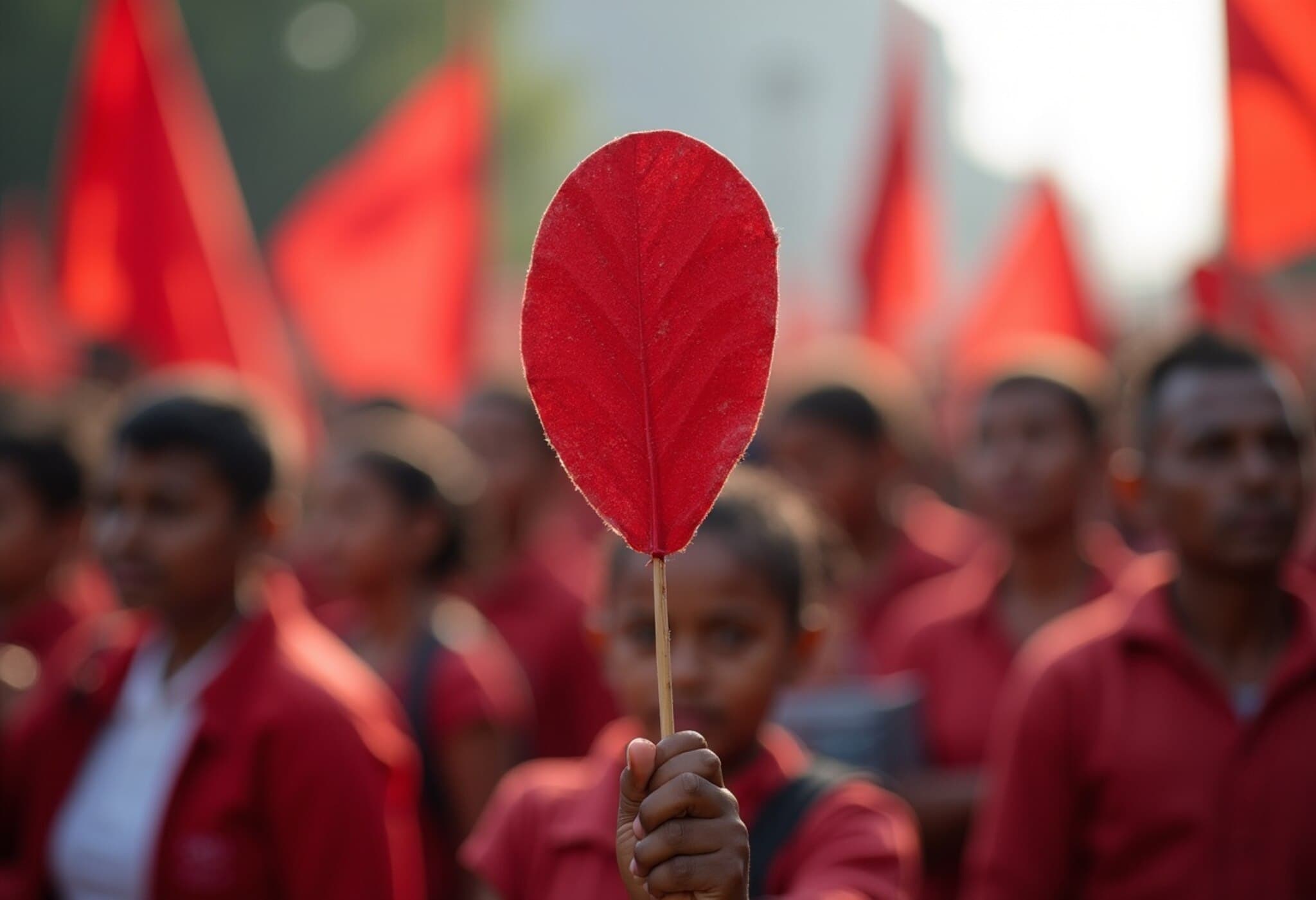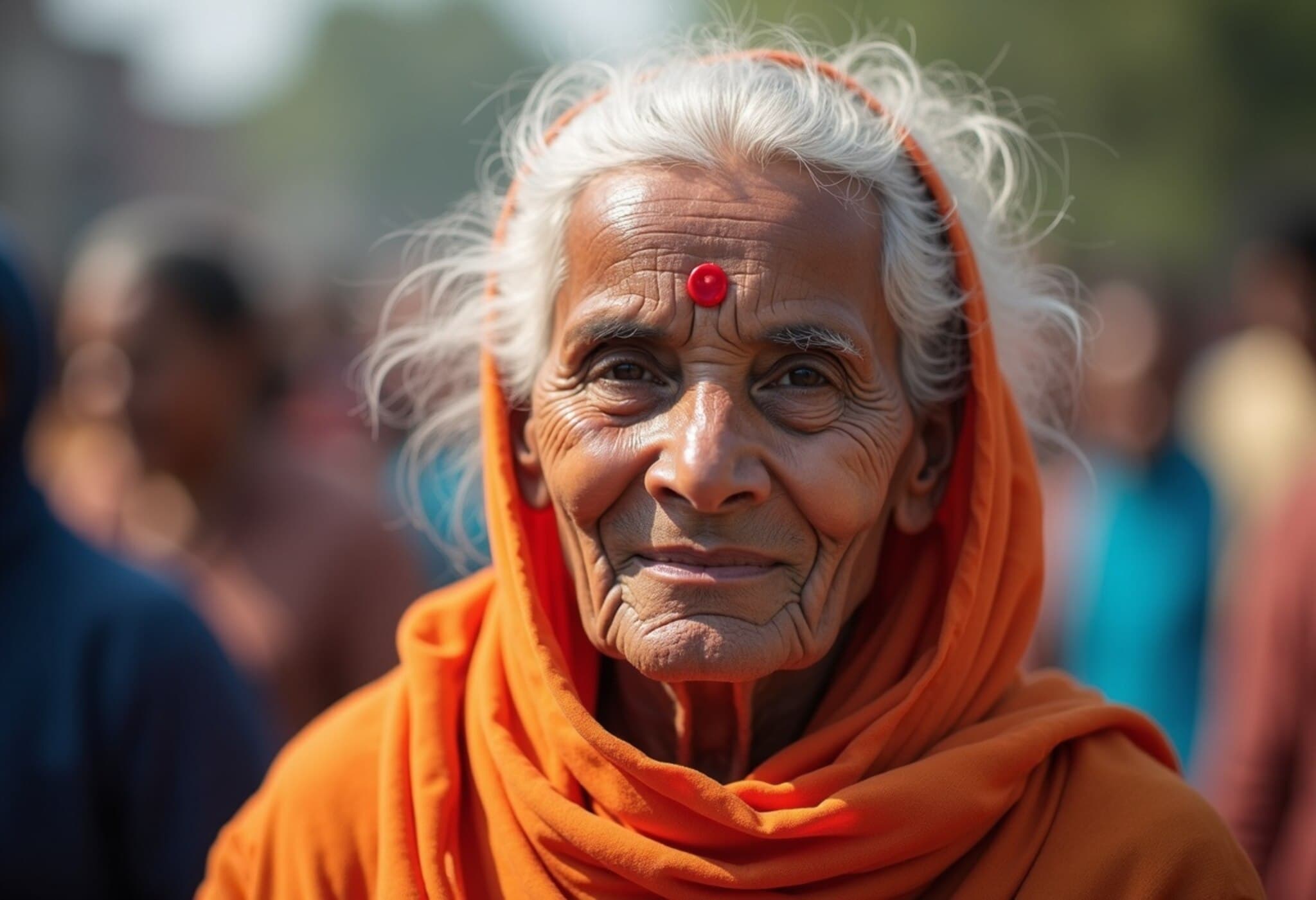AIIMS Mangalagiri Champions Sickle Cell Awareness on World Sickle Cell Day
On June 19, 2025, the All India Institute of Medical Sciences (AIIMS) in Mangalagiri became the focal point for a spirited rally aimed at boosting awareness about sickle cell disease. This event was organized in partnership with the departments of Health and Family Welfare and Tribal Welfare, bringing together a diverse group united in the fight against this inherited blood disorder.
Government Leaders Stress Commitment to Eradicating Sickle Cell Disease
The rally saw participation from a wide range of attendees—including students, healthcare professionals, and members of tribal communities. At the event, M. Mallikarjuna Nayak, Secretary to the Government for Social and Tribal Welfare, underscored the administration's dedication to eliminating sickle cell disease, reinforcing the national objectives set forth by the government leadership.
Collaborative Effort from Key Health and Welfare Officials
Also in attendance were notable officials such as Saraswati, Additional Director of Tribal Welfare, Vijayalakshmi, Guntur District Medical and Health Officer, Ranga Rao, District Coordinator of Hospital Services, and AIIMS Mangalagiri’s In-Charge Director, Shreemanta Kumar Dash. Their presence highlighted the multidisciplinary approach required to tackle this health challenge, particularly in tribal regions where the disease prevalence is significant.
Purpose and Impact of the Rally
The event's primary goal was to foster greater public understanding of sickle cell disease, emphasizing both its genetic roots and the importance of early diagnosis and treatment. The participation of tribal members and healthcare workers helped amplify the message, aiming to reduce stigma and promote proactive health measures.
- Raised awareness about sickle cell disease and its implications
- Encouraged community solidarity in battling the disorder
- Highlighted government initiatives and health programs targeting tribal populations
Through such initiatives, AIIMS and government bodies are taking meaningful steps towards a future where sickle cell disease can be effectively managed and ultimately eradicated within vulnerable communities.











